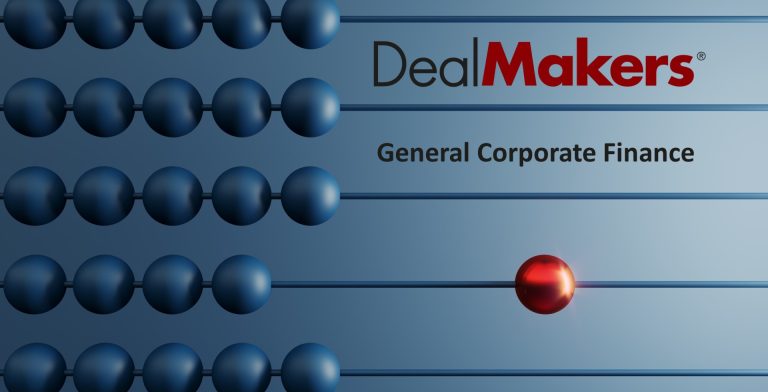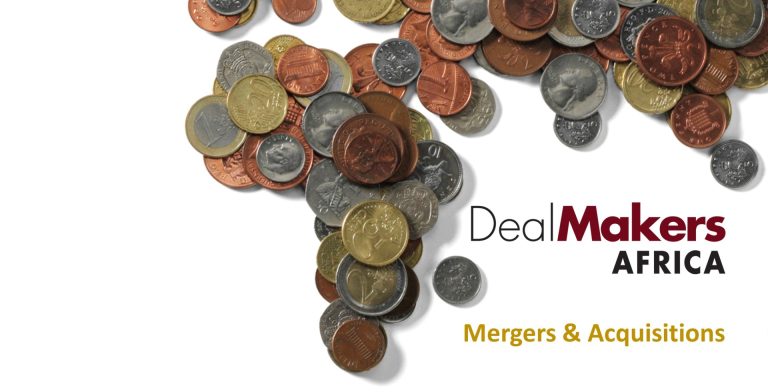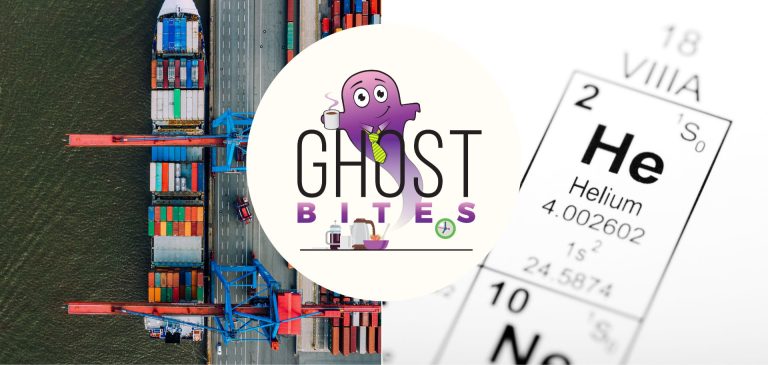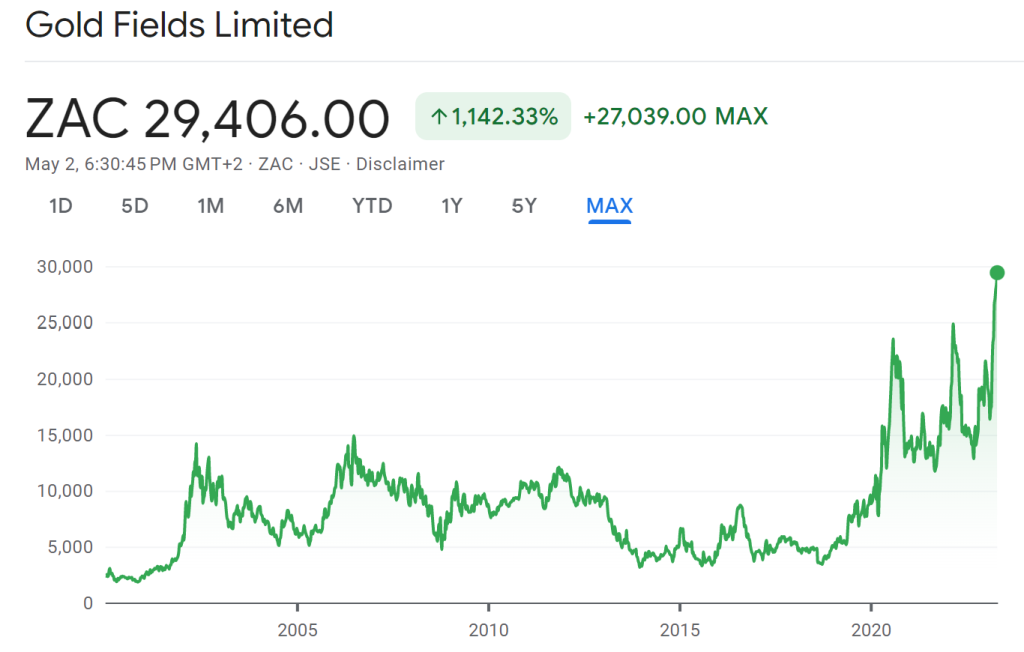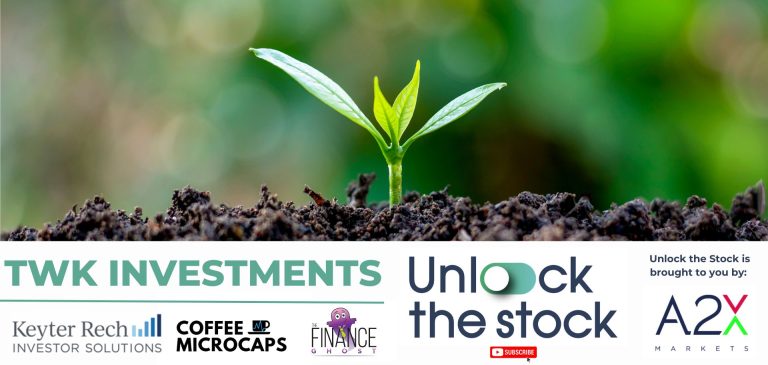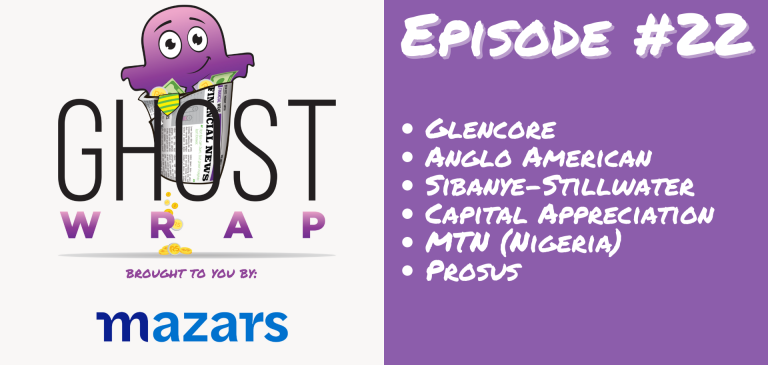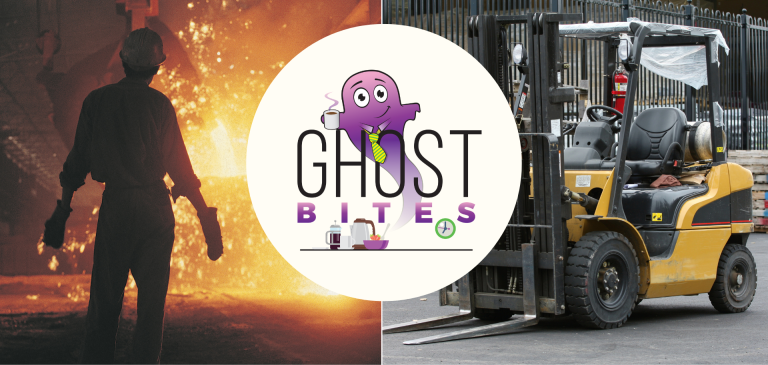AB InBev reports on its first quarter (JSE: ANH)
Despite this tricky environment, EBITDA margin expanded slightly
When the going gets tough, the tough reach for a drink with their mates. That’s how it seems at least, with revenue growth at AB InBev of 13.2% in the first quarter and normalised EBITDA growth of 13.6%. Normalised EBITDA margin has expanded by 13 basis points to 33.5%.
Most of the growth was from pricing increases, with volumes only up by 0.9%. If you ever wondered whether beer is price sensitive, you now have your answer.
The share price is up over 17% this year, so this has been a good place to hide this year. I can’t resist drawing a one-year view of beer vs. cigarettes in the form of AB InBev vs. British American Tobacco.
Pick your sinner:

A famously good trading statement (JSE: FBR)
Famous Brands is keeping us fed while we are fed up with Eskom
Surprisingly, Famous Brands suggests that load shedding isn’t doing any favours to its growth prospects. I disagree completely. When there’s no power at home, buying food on the way home becomes a whole lot more appealing. I personally think that load shedding is a net positive for the group, at least for now.
For the year ended February 2023, HEPS is up by between 27% and 47%. To be fair, the base period was still impacted by the back-end of Covid.
Notably, the HEPS number doesn’t include a R75 million liquidation dividend received from the disaster that was Gourmet Burger Kitchen in the UK.
Full results are due on 22 May, in which we will be able to get further details on the performance.
Gold Fields reflects on a largely flat quarter (JSE: GFI)
If you focus on sequential quarters though, it’s anything but flat
This operational update from Gold Fields is a fun example of why you need to be clear on what numbers you are looking at and what you are comparing them to.
On a year-on-year basis, things look alright at Gold Fields. Production was flat, all-in sustaining cost (AISC) was flat and all-in cost (AIC) was 2% higher because of capital expenditure at Salares Norte, a project which is now 90.3% complete. First production at that project is expected during Q4 2023.
The story is different on a quarter-on-quarter basis i.e. compared to the immediately preceding quarter. Production dropped 4% on that basis, AISC was up 8% and ASC was up 3%. Things aren’t as good as they were at the end of 2022, that’s for sure. The pressure seems to mostly be in Australia.
After paying a significant dividend, net debt to EBITDA has increased from 0.29x at the end of 2022 to 0.36x at the end of March 2023.
Production and cost guidance is unchanged for the full year.
KAL shareholders can be thankful for the PEG fuel deal (JSE: KAL)
Formerly called Kaap Agri, the group is operating in a tough environment
South Africa is already a volatile place to do business and that’s before you layer on the complexities of the agriculture sector. A quick look at KAL Group’s performance for the six months to March shows recurring HEPS growth of 8.7% and a similar increase in the dividend, which is hardly a tough result in this environment. The important thing is to look deeper in understanding this number,
Whenever a major acquisition has been executed, you need to look at how the business would’ve performed without that acquisition. This is a comparable view that tells you a lot about sustainable performance, as the major jump from an acquisition is only felt in the period in which the acquisition is first brought into the numbers. After that, it’s all about sustainable earnings.
KAL Group certainly doesn’t try to hide this, making it clear early on that the result was helped by the including of PEG, a fuel retail business that the company recently acquired. To give you a sense of how important it was, group revenue increased by 68.4% overall and 11.8% on a comparable basis.
Excluding fuel, inflation was 12.1%. This suggests that volumes in the rest of the business came under pressure, which makes sense in this environment.
When buying a business, you’re buying the revenue and the expenses. Before you get too excited about that jump in revenue, take note that expenses increased by 72.9% because of the acquisition. Encouragingly, like-for-like expenses were only 0.4% higher. The group has done an exceptional job of managing costs, especially with R35 million of loadshedding expenses. Without the loadshedding costs, like-for-like expenses actually fell by 2.0%.
Looking deeper at major divisions excluding fuel, Agrimark (by far the largest contributor in the group) reported operating profit growth of 1.2% and Agrimark Grain’s profits fell by 11.3%.
The balance sheet reflects a higher net debt position because of the PEG acquisition and inflationary pressures on working capital. When combined with an environment of higher rates, finance costs shot up from R60 million to R152 million.
As commendable as the group’s efforts have been in managing costs, the reality is that the story wouldn’t have been so pretty without the major strategic acquisition. It will be interesting to see how the shape of the group plays out going forward.
Mondi reports a softer quarter (JSE: MNP)
The company calls it a “stable” period, but supply-demand seems to be shifting
Mondi is a highly cyclical business that is impacted by many factors that are far outside of its control. These include market selling prices and levels of demand across various products.
Despite volatility in individual variables, underlying EBITDA from continuing operations was flat vs. the final quarter of 2022, after excluding fair value gains on forestry. This is a non-cash item and I would also happily ignore it.
Worryingly, this quarter displayed lower average selling prices and softer demand. Thankfully, input prices were also lower, which is why EBITDA has turned out ok on a net basis.
The CEO notes that trading in the second quarter is experiencing “subdued” demand with lower average selling prices. Input costs are also reducing, so the overall narrative remains positive and the company is still focused on expansion.
In case you’re wondering, the Russian operations generated €123 million in EBITDA in this quarter and the sale of this division is sitting with Russian authorities for approval. I’m very glad that I don’t need to attend those meetings.
Pick n Pay’s comparable HEPS drops 16.3% (JSE: PIK)
The last thing you want to be running is fridges during load shedding
Is grocery retail defensive? Well, sort of. Even in periods without load shedding, the low net margins in grocery stores and the significant variance in gross margin at product level create a recipe for far more erratic earnings movements than most people think.
Simply, if net margin is 3% and gross margin moves by a rather innocent looking 100 basis points further up, you’re looking at a 33% move in net profit if all else holds equal.
In the 52 weeks to 26 February, Pick n Pay reported 8.9% growth in turnover and an improvement in gross margin to 19.6%. Under normal circumstances, that would be a solid outcome. Instead, with trading expenses up 11.9% thanks to load shedding and general inflationary pressures, the impact on pro forma trading profit is a 4.9% decrease. This just gets worse as you head down the income statement, leading to a drop in pro forma headline earnings per share (HEPS) of -16.3% and a similar decrease in the dividend, as the payout ratio has been held steady. More on that later.
What is “pro forma” HEPS, I hopefully hear you ask? Pick n Pay reports this number to strip out the impact of business interruption insurance proceeds (the insurance was received in a different period to the losses suffered) and hyperinflation gains and losses in Zimbabwe. I agree with these adjustments and Pick n Pay makes its dividend decisions based on this definition of HEPS, so this is what I would focus on.
If we dig into the expense growth, we find a perfect storm of diesel generator costs for load shedding (R430 million net of electricity savings or R522 million before the saving, which shows how much more expensive it is) and incremental costs in implementing the all-important Ekuseni strategic plan. The group-wide cost saving initiatives are the only reason that costs didn’t completely run away from Pick n Pay, with R800 million worth of savings in FY23.
There are some highlights, like 20.2% sales growth at Boxer and 15.3% sales growth from standalone Pick n Pay Clothing stores, with 58 new stores opened in this financial year. On-demand sales (Pick n Pay ASAP!) more than doubled.
I flagged earlier that the payout ratio is changing. Going forward, the payout ratio of 76% (1.3x cover) will change to between a 56% and 67% payout (1.5x to 1.8x cover). In other words, Pick n Pay needs to retain more of its earnings to facilitate the Ekuseni plan. If you’ve been keeping an eye on how well Shoprite has been doing, you’ll know exactly what that is so important.
The one-year chart of these rivals is incredible:

Little Bites:
- Director dealings:
- Des de Beer is still buying up shares in Lighthouse Properties (JSE: LTE), this time to the value of R402k.
- Impala Platinum (JSE: IMP) has acquired a further 0.12% in Royal Bafokeng Platinum (JSE: RBP), taking the stake to 45.20%.
- Spar (JSE: SPP) is still in the process of finding a new CEO. Until that happens, Mike Bosman will continue as Executive Chairman of the group.
- Aspen (JSE: APN) released a vague announcement about an exclusive distribution agreement with Amgen for a period of five years. The announcement doesn’t give a single number to help investors understand the impact. Unless you’re a medical doctor familiar with the products, this is a prime example of a company using SENS as a public relations tool rather than an investor communication platform.
- In case you are closely following the Steinhoff (JSE: SNH) restructuring process or simply looking for a document to help you fall asleep at night, take note that the updated WHOA Restructuring Plan has been published.
- The unbundling by African Equity Empowerment Investments (JSE: AEE) of its stake in AYO Technology (JSE: AYO) has been delayed. The circular will only be distributed by 1st June.




